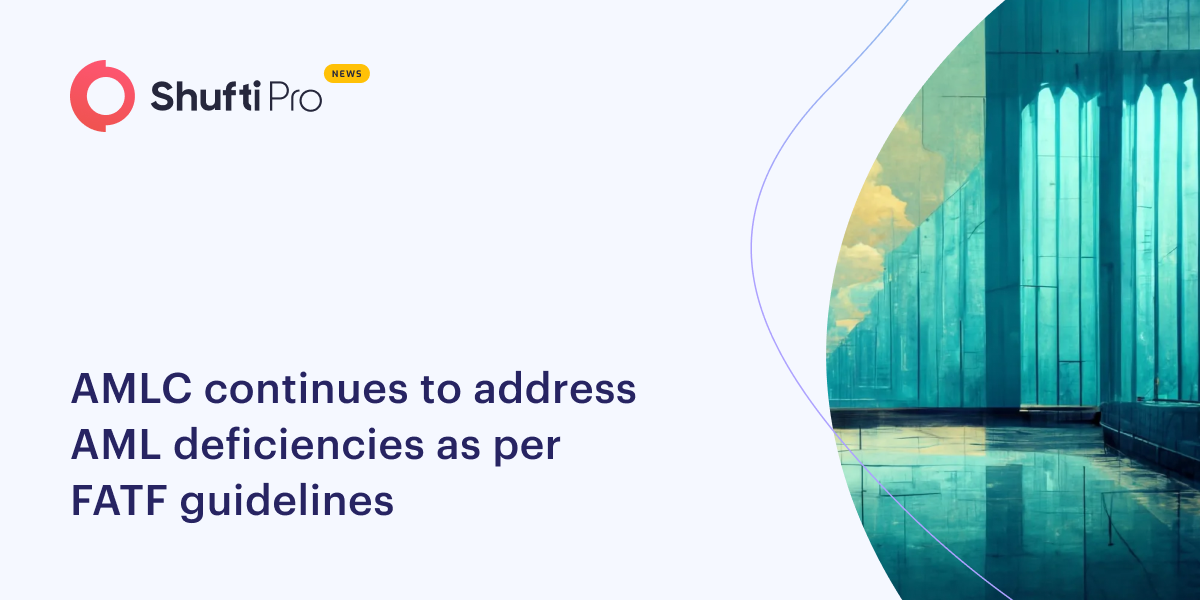AMLC Continues to Address AML Deficiencies as per FATF Guidelines

The AMLC has reported continued efforts to address the deficiencies specified by the FATF to tackle money laundering cases as the Philippines remains on the gray list.
The Philippines was kept on the Financial Action Task Force’s (FATF) grey list of countries that need additional scrutiny for risks associated with dirty money in a report released on October 21. Government representatives had expressed optimism that the Philippines would be removed from the grey list by Jan 2023.
The country yet needs to take steps to address the threats of money laundering as well as terrorism funding associated with casino junkets and beneficial ownership, according to a statement released by the international financial crime watchdog.
The FATF recommends that the Philippines improve its application of financial intelligence and risk-appropriate money laundering inquiries and prosecutions.
On the contrary hand, the FATF highlighted the Philippines’ improvement in tackling financial fraud in terms of laws pertaining to nonprofit organizations and implementation of surveillance for targeted financial fines.
“The FATF noted that the Philippines has taken steps towards improving its AML/CFT regime, including by demonstrating that appropriate measures are being taken with respect to the NPO sector and implementing supervision for targeted financial sanctions. Continuous high-level and operational discussions are ongoing with the relevant agencies,” AMLC Executive Director Matthew Mr. David stated.
According to Mr. David, the National AML/CFT Coordinating Committee (NACC) has been working to solve the strategic shortcomings in the AML-CTF framework.
“The NACC shall continue engaging with relevant government agencies to ensure that strategies and mechanisms are in place to address the action plans,” Mr. David added.
“Supervisory agencies likewise have a role in risk-based supervision as guidelines are in place to examine and enforce AML/CFT controls such as a monitoring system to address the risks associated with casino junkets. Further, regulators ensure accurate and up-to-date (beneficial ownership) information,” Mr. David stated.
The FATF also suggested that the Philippines advance its efforts to identify, investigate, and prosecute cases of terrorism financing. Additionally, the FATF recommended that the Philippines improve the efficacy of the targeted sanctions structure for both terrorism financing as well as proliferation financing by exhibiting that designated nonfinancial companies and professions are aware of their responsibilities.
Suggested Read: AMLC Freezes Assets of 16 Groups Labeled as Terrorist Organizations

 Explore Now
Explore Now













